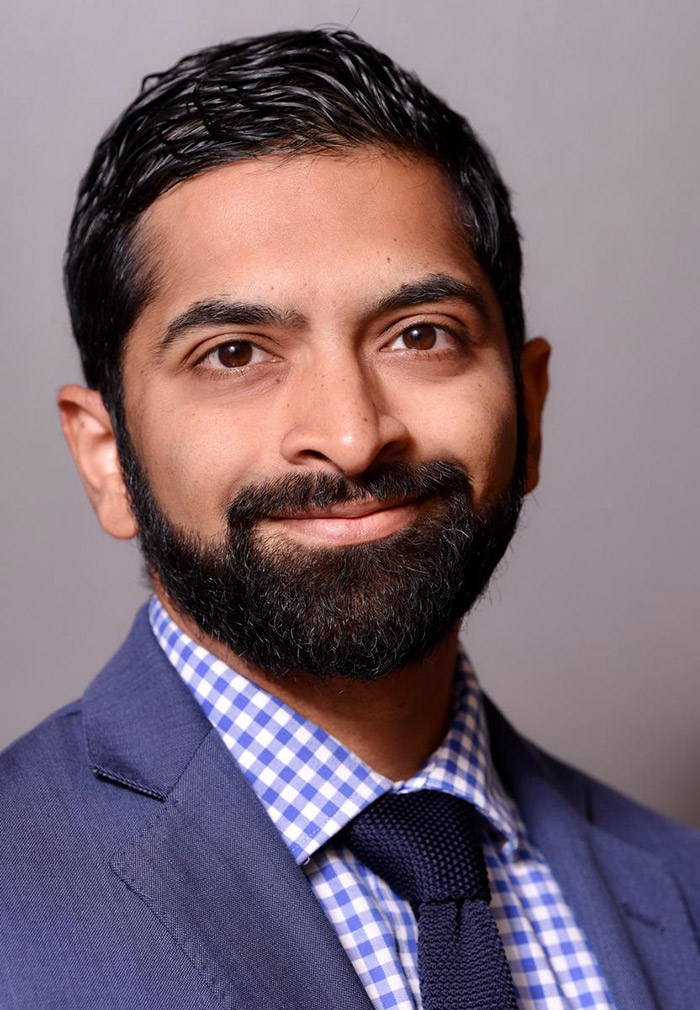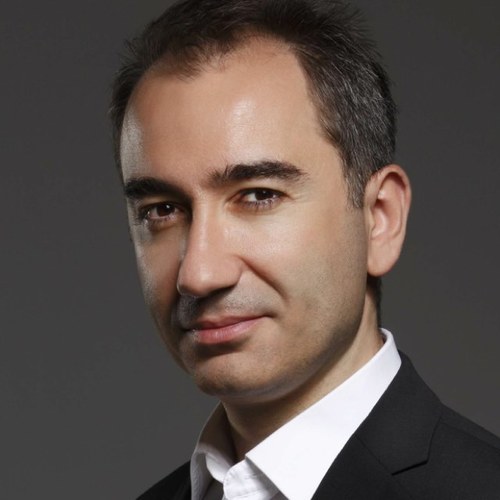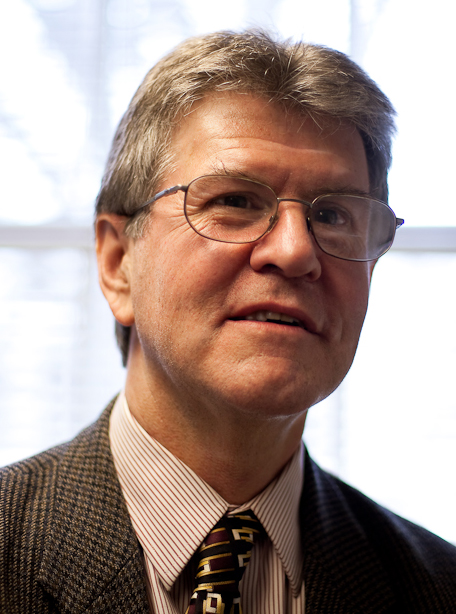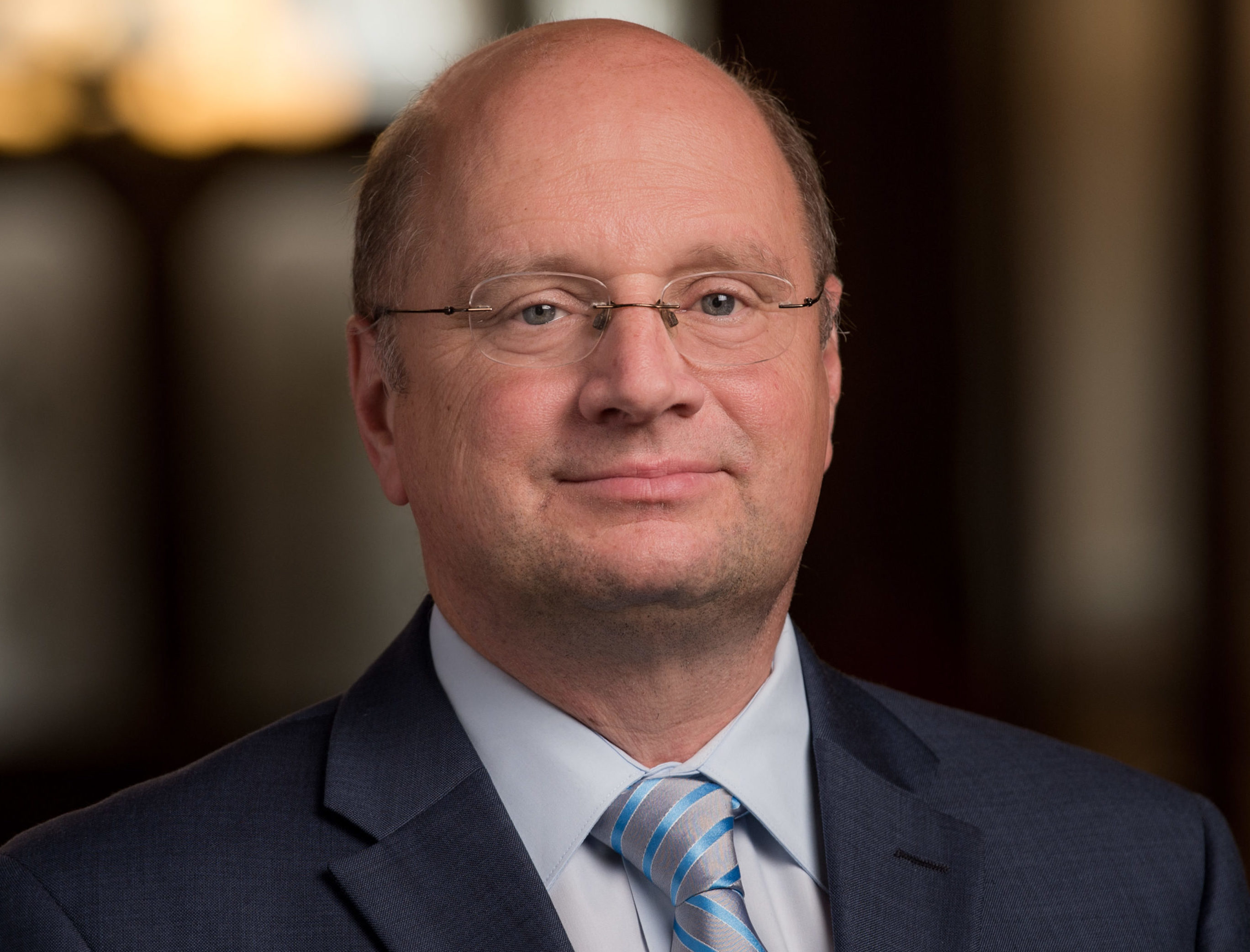The Arabian/Persian Gulf region is home to some of the fastest-developing cities in the world. Whether propelled predominantly by oil companies or free trade zones, the growth strategy in many of these cities relies on a massive workforce of foreign guest workers — from domestic help to laborers to professionals to entrepreneurs — the size of which often surpasses that of the local population.
In recent decades, most Gulf countries ruled out the possibility of foreigners becoming citizens (though there are occasional rumors that this might change). Governments here even refuse to call these workers “migrants” and insist on their status as “guest workers,” underscoring the impossibility of formal assimilation into the local population. This is even the case for the many thousands of second- and third-generation expatriates born and raised in these cities, which they have come to consider home. Since these cities also continue to see a flux of foreign workers, these regimes of “permanent impermanence” become extensions of people’s national as well as religious cultures.
In my research into these new hubs of global capitalism, I examine the role of religion—in particular, “foreign” religions such as Catholicism, and how they both shape and are shaped by these regimes. And it comes as a surprise to most people I talk to that Catholicism not only exists but is a significant presence in this part of the world.
Expatriate Religion
The labor force in these Gulf cities is comprised predominantly of people from South and Southeast Asia. The region also attracts a number of non-Gulf Arabs. Western Europeans and North Americans, although constituting a smaller percentage, remain noticeable due to their prominence as tourists as well as in top positions in corporations. While official statistics on foreign populations are not available, estimates from various sources (including embassies and churches) place the Catholic population in these cities at — astonishingly — between 10-30 percent, with a contributing factor here being the increasing Filipino emigration to cities such as Dubai and Doha.
In recognition of the importance of religion for the lives of the foreigners who sustain these economies, most countries in the region, with the exception of Saudi Arabia, have in the past few decades given foreigners the freedom of worship. Land and even sometimes buildings for Christian churches and Hindu and Sikh temples are funded by the government. People are deemed free to express their religious traditions within these delimited spaces, albeit under certain conditions (e.g., there are prohibitions against proselytism, accepting Muslim converts, expressing criticism of rulers, or “meddling” in government affairs).
While the space provided is often inadequate relative to the numbers of adherents, it nevertheless allows for the generation and sustenance of vibrant forms of community life that have been neglected by studies on the region. Research on cities such as Dubai tends to focus either on the consumerism, individualism, and civic disconnect among middle– to upper-class residents, or the harsh and even abusive treatment of lower-class workers such as domestic workers and laborers. Though acknowledged to some extent in one recent study, what has been largely overlooked is the role of religion, through institutions, communities, beliefs, and practices, and how these might be both shaped by the labor regimes in the Gulf as well as play a role in shaping them in turn.
In 2011, I conducted 75 interviews with expatriate Catholics in Dubai, Abu Dhabi, Muscat, Doha, Kuwait, and Dubai. The majority of the interviews were conducted in Dubai. Respondents were of diverse backgrounds: Indian, Filipino, Lebanese, Syrian, Jordanian, Ghanaian, Pakistani, Sri Lankan, Spanish, American, Italian, and French. Most of these respondents would identify as middle-class professionals—e.g., bankers, accountants, engineers, and managers. In my interviews with them, one of the things I examine is how Catholic institutions contribute to members’ economic activity in these cities, either in the formal or informal sector. Even though churches here are set up primarily to serve a delimited spiritual function, they inevitably serve as sources of cultural and social capital which members see as contributing to their economic success and mobility.
Cultivating Technical Competencies
One of the prominent ways in which Catholicism shapes economic activity is by serving as a source of “technical” competencies or cultural capital — technical in the sense of having to do with techniques, skills, and practices that contribute to economic outcomes and social mobility. There are two ways in which Catholicism serves as a source of this form of capital.
Direct Cultivation
The first way is direct — when churches are directly involved in providing training in various kinds of skills in order to enable people to make money or improve their employment prospects. Courses on “survival English,” for instance, teach people how to better navigate job interviews or various situations from making small-talk to buying a car. During the planning meetings while one such course was being designed, the planning committee in one parish felt that the group they who could benefit most from such a course would be domestic workers. Improving English skills could help them gain more desirable forms of employment, such as working for a European or American family (who have a reputation for paying and treating maids better than employers of other nationalities), or landing an office job.
Other courses offered or being planned include training in assembling and repairing computers; using software such as Microsoft Excel; effective salesmanship; and even haircutting and manicuring. The courses are often offered for free and as part of church leaders’ belief that there is more to justice than “charity” (which churches also offer, e.g., by helping needy people with financial assistance). With many parishioners still struggling in the aftermath of the recession, the hope is that these skills could equip people with skills and competencies to help them gain additional income as well as switch careers.
Indirect Cultivation
A second way in which Catholicism seems to provide this form of capital is indirect. Various skills cultivated in church institutions for intrinsic, religious purposes are transposed into work settings to yield economic outcomes.
Soft skills. Those who were actively involved in leadership roles in church groups said that this involvement was instrumental in helping them develop what they described as “soft skills,” such as “communications,” “teamwork,” and “handing conflict.” Interacting in these church groups in a leadership role with people from different backgrounds — occupational, regional, and even national—they believe they learned skills that helped them succeed in the workplace as well. In some cases, people said that this training motivated them to pursue careers in different areas than they had initially planned, such as training, coaching, or human resources. The church thus provided them with skills that they found desirable and which they could further enhance as part of their careers.
Interestingly, the training in such skills that they received in these church groups was either from professionals relying on their experience in the workplace or from management texts such as Stephen Covey’s Seven Habits of Highly Effective People. Many saw a strong sense of symbiosis between faith and “effective management.” As one manager I interviewed who was also a leader in one of the church groups stated, “Basically, I think all the management principles came from the Bible.”
Event organizing. Another skill that several respondents mentioned that they learned from their involvement in church and which helped them in the workplace was event organizing. This was particularly the case among those who organized activities for their church group — from weekly group meetings to retreats to bringing down visiting speakers to entertainment activities to social service activities.
Presentation. Another common ability that various church groups cultivate is presentation skills, especially with software such as Power Point. Leaders of several groups told me that they rely on such technology so that their weekly activities, teachings, and worship sessions appear — in the various words that they used — “serious,” “relevant,” “credible,” and “professional.” One young woman credits the presentation skills she learned from her Arabic prayer group with landing her a job at one of the top hotel chains in the Gulf. At her job interview, before the actual interview she asked if she could give them a short Power Point presentation that she had prepared on herself and why she believed herself to be the right candidate for her job. Her sales pitch, she believed, worked, because it allowed her to highlight her initiative and her positive qualities in ways that might be lost in a conventional interview.
Etiquette. Some respondents indicated that something else skills learned during their upbringing in Catholic households, which they said were generally more “westernized,” in the sense of familiarity with English and with western customs. One of my respondents — a motivational speaker — narrated an incident when he was giving a talk in Dubai to a group of [Indian] senior executives from major corporations.
During one of the meals it came to his attention that they were unsure of “basic [western] table manners.” Having grown up in a middle-class Catholic household in Bombay, this was an elementary aspect of his upbringing, while to these managers who had grown up in more traditional (presumably non-Christian) Indian households, it was not. Hesitant to do something that could possibly humiliate them, he asked, “Would you mind if I demonstrate and use you as an example and do a correction on it?” They said, “Yes, certainly.” I said, “You will not hold that against me, that I am correcting you in front of so many people?” They said, “Our parents didn’t teach us, our schools didn’t teach us, our universities didn’t teach us, our present employees don’t teach us. So if you teach us, do you think that we will be angry with you?” So I was a little taken aback to think that they would accept. I mean senior, well-educated managers!”
He believed that this incident and his impromptu demonstration of Western etiquette improved his professional reputation, and he is now trying to organize a seminar on etiquette at church. This, he believes, could benefit many people in their professional lives and social standing—by avoiding faux-pas which could come across (to westerners, presumably) as ignorant or uncultured.
These are some of the ways in which Catholic institutions seem to cultivate various skills and habits that contribute to members’ economic outcomes as well as social standing. This contribution, further, is to both the formal and informal economy.
Two points should be noted here. First, the above findings are not equally present across Catholic parishes in the region. I have had to refrain from mentioning the specifics of the parishes in order to maintain confidentiality. Second, I do not mean to say that non-Catholic religious institutions and groups, be they Christian or non-Christian, do not provide these or comparable skills and competencies. My intention here is only to focus on how one institution, Catholicism, provides this form of cultural capital.
In addition to the technical competencies discussed above, a further way in which Catholic institutions shape people’s economic activity is ideationally — through beliefs, values, and ideas that members say contribute to their lives in the workplace. This will be the subject of my next post.






